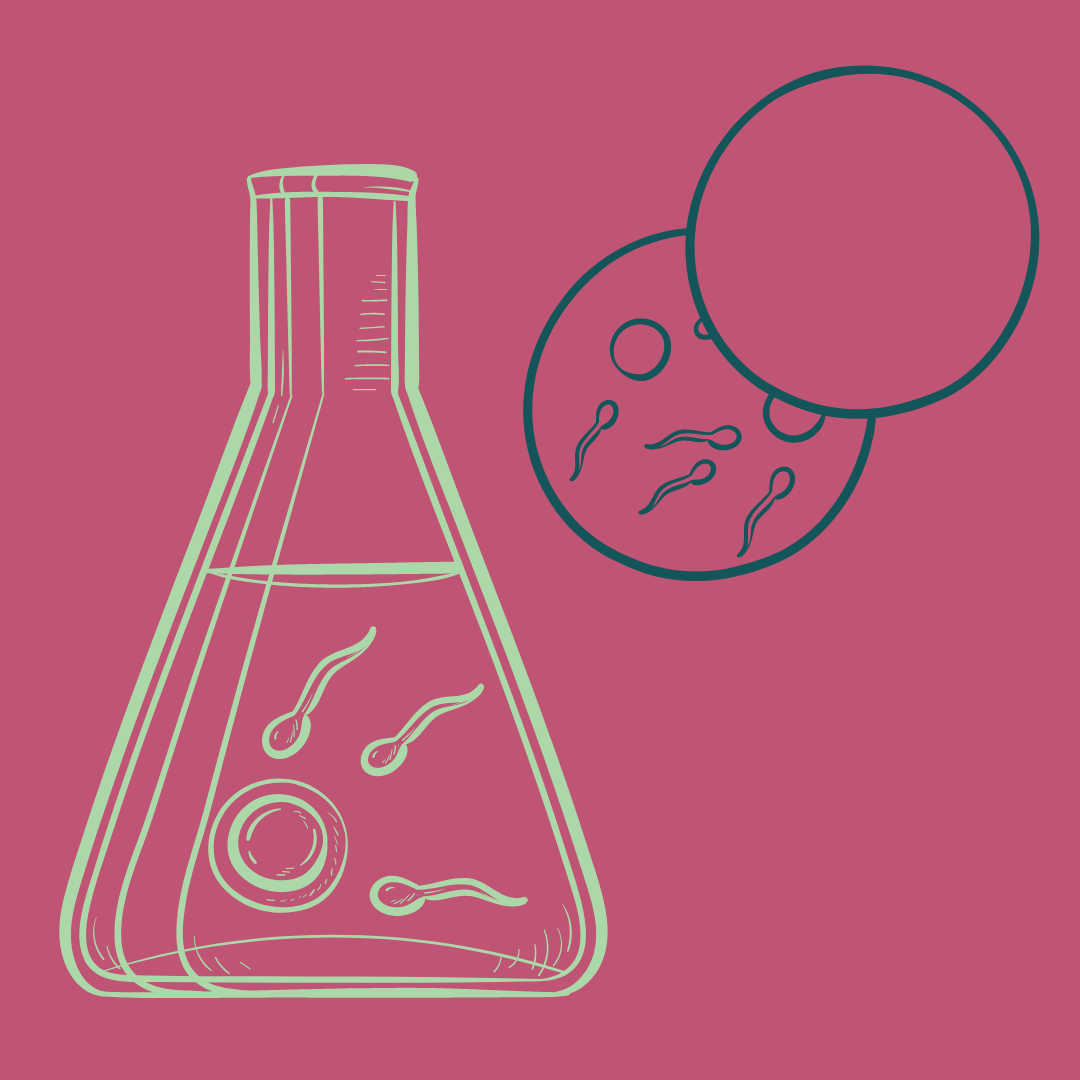Aggregated News

Lately, there seems to have been a lot of talk about the possibility of ‘lab-grown babies’. Proper research into this area kicked off around a decade ago, and is still largely experimental in humans. But, the technique used to potentially develop lab-grown babies could hold the power to provide a novel treatment option for human infertility. It does, however, also come with possible ethical and social implications.
When we refer to ‘lab-grown babies’ here, what we are really talking about is growing human eggs or sperm in the lab using a field of biomedical research called in vitro gametogenesis (IVG).
But what exactly is IVG, and how does it work?
“In vitro gametogenesis, or IVG, is making gametes – eggs or sperm – in the lab. Scientists create induced pluripotent stem cells starting with a somatic cell (e.g. skin or blood cell), and are working to figure out how to direct those cells to develop into mature gametes that could potentially be used for reproduction. They have accomplished this in mice, resulting in mice being born from lab-made gametes, but...



